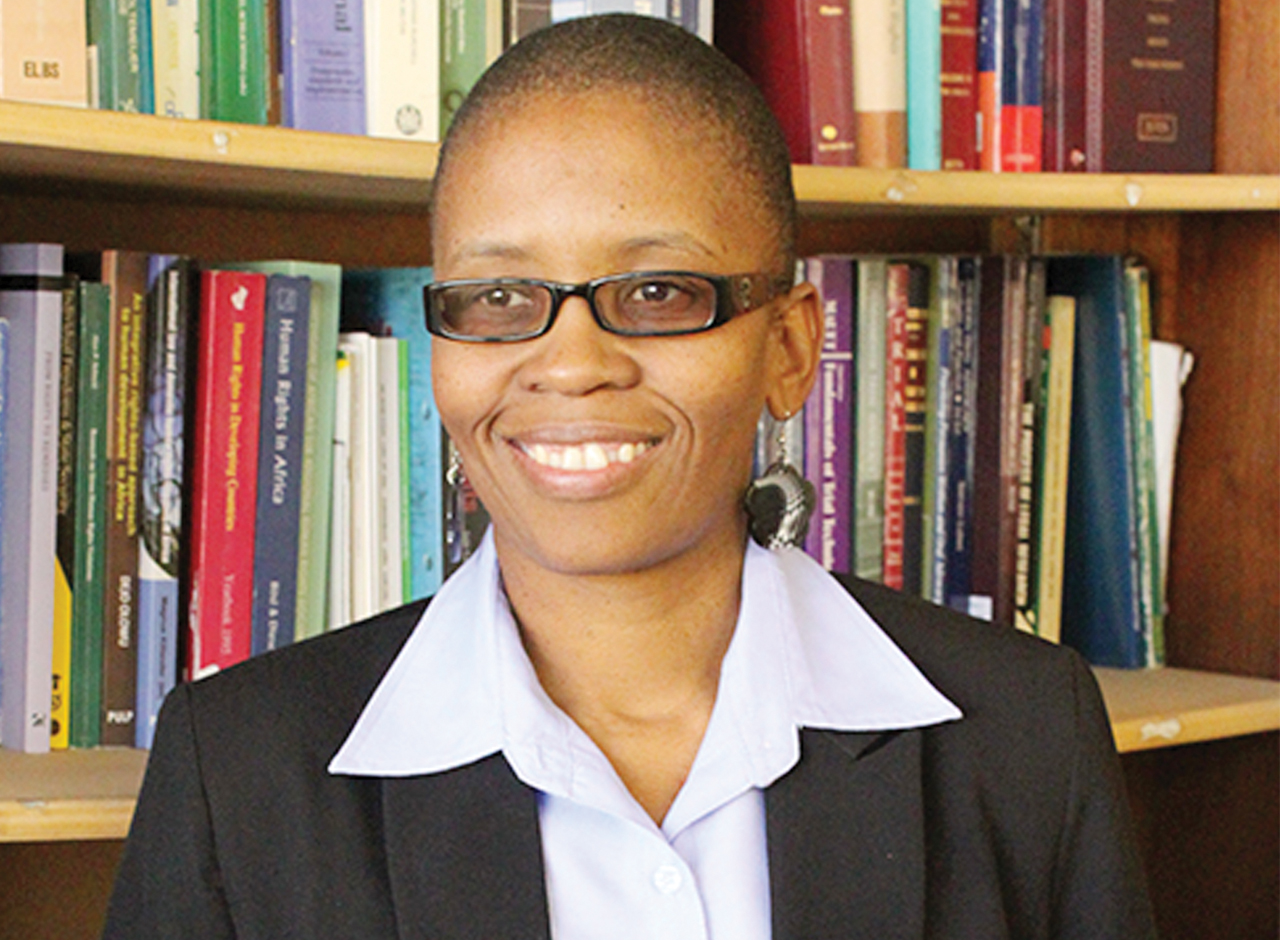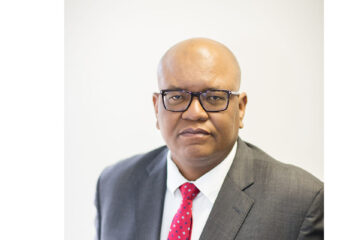Clifton Movirongo
As government moves ahead with plans to implement a sex offenders registry while increasing its efforts in stemming the rise in rape and gender-based violence (GBV) cases in the country, Justice minister, Yvonne Dausab said initiatives by organisations such as, ‘I Am Not Next Africa’ (IANNA) Community have the potential of violating other people’s rights.
This comes as the organisation has published its own Sex Offences Registry (SOR).
“I think even if it is meant as a protest tool, it is potentially affecting the rights of others. It would seem some of the persons listed have not yet been convicted and are only accused of rape or murder. I am advised some of the people on the list have since died whilst others have been acquitted. This list is not achieving its primary objective which I suppose is to ensure that our women and children are protected against unrehabilitated sexual offenders and criminals,” Dausab told the Windhoek Observer.
“The amendments that will be tabled in February 2021 will address some of the concerns around sexual and gender-based violence. The issue of sex offenders register is receiving attention. It is currently under consideration as a motion in the National Assembly. The Ministry of Justice has done preliminary research and found that in other jurisdictions such as the SA, UK and the USA, sex offences registers exist but how they are managed is important. So for instance it is administered by the state and law enforcement but can be made available for public viewing.”
She warned the move may cause mayhem and lead to vigilantism as people may take law into their own hands to seek justice against the identified accused offenders on the list and rid the innocence until proven guilty principle of the constitution.
“Instead of achieving that protection objective, it is now violating fundamental human rights questions of any person or human being “presumed innocent until found guilty by a court of law.” It also exposes possibly innocent people to stigma and mob justice,” the justice minister said.
Human Rights Lawyer, Norman Tjombe, condemned the IANNA registry, also indicating that an official and liable government body should rather be at the helm of the registry for litigation purposes.
“A private SOR is not a good idea; such a function must resort in the hands of a legitimate and accountable state organ. In that case, such an organ will design appropriate rules and regulations regarding a plethora of issues, from which offenders continue to remain a risk and thus liable to be registered. It is however a concern that persons who are not convicted would also be listed as sex offenders. That might expose the authors and proponents of the registry to serious litigation,” he told the Windhoek Observer.
In addition to that, Tjombe said the registry might serve as a notification to the community, entailing restrictions regarding access to facilities where children are, like schools and sports grounds, and for how long a person can remain on the register.
“Plus, a formal Sex Offenders Registry would assist in those efforts to protect the public,” he remarked.
The Director of the Legal Assistance Centre (LAC), Toni Hancox, said there is no law that is being broken by the IANNA’s SOR if the facts presented are true, although the publication of even true information can be defamatory if it is not in the public interest.
Hancox says she is personally not comfortable with an initiative that focuses on people, “who are on trial as opposed to people who have been convicted.”
She added that IANNA’s SOR violates the constitutional principle that everyone is innocent until proven guilty, and as it is not clear to her what its purpose is.
“It would not be legal to take punitive action against someone who is charged but not yet convicted and that she worries that this initiative might lead to vigilante action against accused persons.”
The LAC Director who strongly concurs with the minister and Tjombe says, “In general, the idea of an offender register needs to be fully thought through. Who is the audience? Is the idea that no one who is convicted of a crime can ever be rehabilitated into a useful member of society?”
“There already is a register established in the Child Care and Protection Act which – although not yet fully operational – is designed to prevent persons CONVICTED of certain crimes from working with children. This is a clear and sensible purpose, and we urge prioritisation of getting this system fully up and running.”
President of IANNA Community Tuwilika Nafuka maintained criminal law of Namibia deems the docket files of convicted sex offenders published, making it public information.
“What we do is simply create a summary of the case and share a link to the full story. What we are doing now is revising every profile up to include words such as “accused of raping” and “currently on trial” to avoid a defamation of character law suit. Once found ‘not guilty,’ we will remove the profile,” Nafuka said.
South Africa has a National Register for Sex Offenders which is administered by the Department of Justice and Constitutional Development and is not open to the public. For purposes of this register, it only deals with sexual offences against children and especially children with mental disabilities, as a cautious approach to avoid constitutional challenges.




